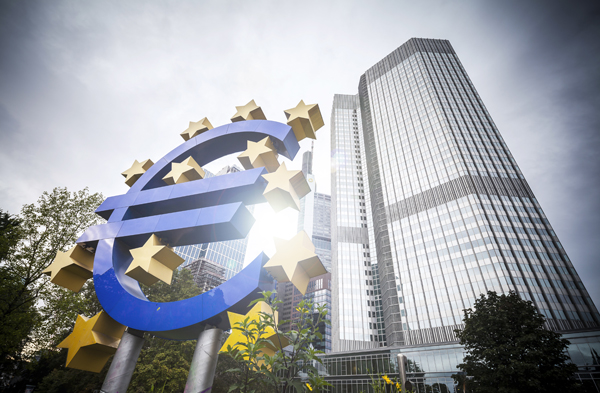Today, 10 October 2019, the President of the Eurogroup, Mario Centeno, declared in a press conference the decision taken on the eve regarding the establishment of a budget for the euro area. The so-called budgetary instrument for competitiveness and convergence will provide financial incentives to implement reforms proposed to individual Member States in the context of the European Semester. The Council will decide alone on the strategic direction (i.e. the financing purposes), while the Commission will take decisions on the individual requests for reform financing from the Member States. The decision on whether financing from the EU budget should be supplemented by means of an intergovernmental agreement was postponed. This issue will be further discussed by the Eurogroup Working Group (EWG). Nor was a final decision reached on the size of the budget. This is to be determined in the negotiations on the multiannual financial framework in the coming months. It is planned to make the funds from the planned reform support programme available for this purpose.
MEP Sven Giegold, financial and economic policy spokesperson of the Greens/EFA group commented:
“This eurozone budget is intransparent and undermines European democracy. It is not possible to explain to citizens that Member States would have the sole responsibility for all strategic decisions while Parliament is entirely excluded. The German Government has committed itself to strengthening European democracy, but when it comes down to it, Parliament is not invited. In the forthcoming negotiations between the European Parliament and the Council of Ministers on the governance of the budget, the pro-European groups must resolutely demand their co-determination rights.
The German government has prevented the euro zone budget from having an effective stabilisation function. The adopted budget promotes convergence and competitiveness, but does not have the urgently needed stabilising effect. In order to make the single currency really crisis-proof, effective anti-cyclical stabilisation instruments are finally needed.
The finance ministers leave many questions unanswered in the context of the highly praised breakthrough. There is still no agreement on the key issues of additional intergovernmental financing beyond the EU budget and the size of the new pot. A new supporting pillar for the economic and monetary union looks different”.

